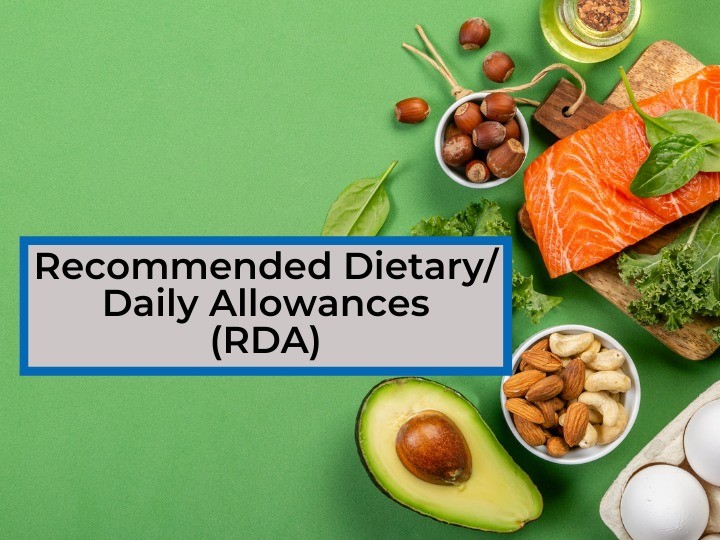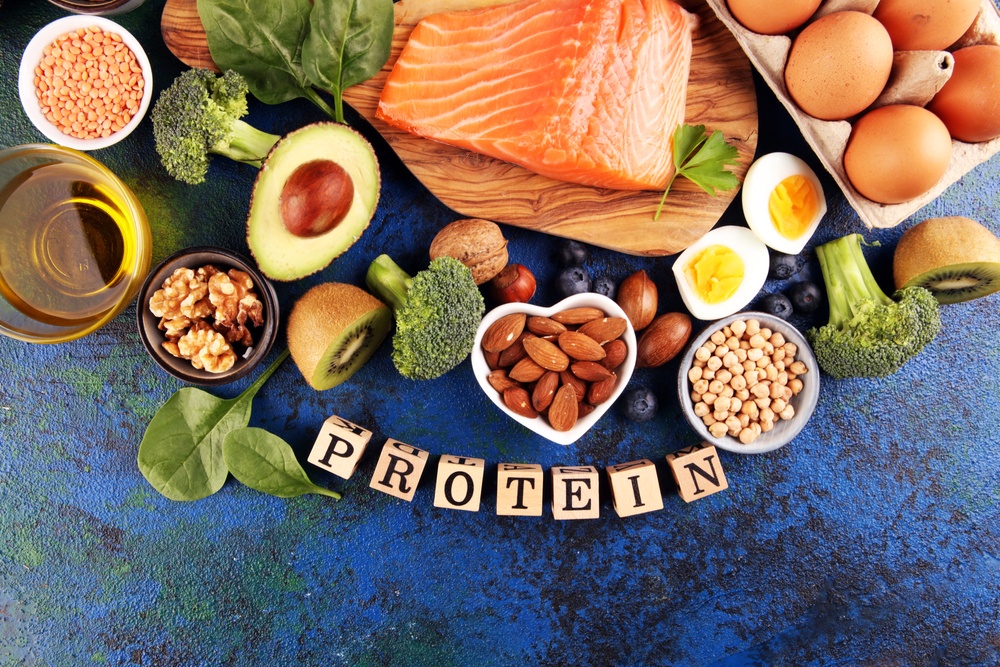By Charalampos Karouzos,
Protein, as everyone has heard either from food in the supermarket, being marked as “high protein” or by simply following discussions about a healthy diet, protein is always mentioned. It is maybe the most advertised nutrient in our diet and that’s for a good reason, as it is an essential macronutrient required for numerous physiological functions in the human body. From muscle development and repair to enzyme synthesis and immune function, protein plays a crucial role in maintaining overall health and well-being. As a result, the question of how much protein we need, the golden number, is a subject of ongoing research and debate. While the Recommended Daily Allowance (RDA) provides a general guideline, the truth lies far from a specific set amount as intraindividual requirements can vary depending on many factors.

Since the RDA recommendation for 0.8 grams per kg of body weight cannot be universally applied, what are the factors that influence the needed amount? The first and very important factor is age. Younger individuals, and especially children and teenagers that are experiencing significant growth in body size, need more building materials in the form of dietary protein. For the same reason, individuals that are actively aiming to increase their muscle mass, for example, athletes, will consume high-protein diets to increase muscle gain. In addition, individuals that engage in regular and intense physical activity require a higher amount of amino acids for another reason as well, to repair and adapt their bodies to the increased demands. However, high levels of proteins are not always beneficial as in some medical conditions, primarily involving the kidneys and the liver, protein should be limited so as not to place more stress on the already damaged organs.
Although RDA provides a baseline recommendation for individuals, recent studies have shown that a higher protein intake may be beneficial for certain populations. Higher protein diets, according to the International Society of Sports Nutrition reaching 1,4-2 grams of protein per kilogram of body weight are not only safe values but are the optimal window for recovery and muscle growth in actively training individuals. Apart from athletes however, increased protein consumption, of 1,2 grams of protein per kilogram of body weight, has been shown to be beneficial for older adults decelerating age-related muscle loss.

Furthermore, scientists have repetitively highlighted the fact that protein consumption must be distributed throughout the day to have a potent effect on muscle protein synthesis. Consuming a sufficient amount of protein in each meal, rather than relying on one heavy protein-rich meal, optimizes muscle protein synthesis, as protein is absorbed better in smaller amounts spread throughout the day. “Protein pacing”, as is being described, is the recommendation at the moment for an optimal absorption of proteins with some experts recommending consuming 20-30 grams of high-quality protein per meal.
Adequate protein consumption, although widely accepted as a good diet strategy, the various protein sources must be cleared out. Traditionally, protein sources were considered animal products and maybe a few other foods. It remains true that animal-derived products, like meat, eggs, and yogurt are high in protein but there are not the only options available, maybe not even the best ones. Contrary to the misconception that vegan diets are deficient in protein, a variety of plant-based foods can provide adequate protein along with other important health benefits. Vegan options high in protein are lentils, chickpeas, tofu, seitan, quinoa, hemp seeds, chia seeds, and many others. Vegan protein food is higher in fiber, necessary for good gut health, vitamins, and minerals, and low in calories. It must be mentioned that to achieve obtaining all the 20 essential amino acids in a vegan diet, a variety of different foods ought to be consumed. Finally, nowadays there are many plant-based protein powders available that have gained popularity as a convenient option for assisting in meeting protein goals in a very flexible and easy-to-use manner.
In conclusion, the public excitement and the extended discussions done about the value of protein have significantly raised awareness about the value of the macronutrient. People nowadays are willing to explore the nutritional value and quality of the food they are consuming, and the increased awareness has been the subject of possible exploitation. Advertisement of food as the high protein is under no specific regulation misguiding consumers to prefer these products that tend to be more expensive than the same non-high protein branded products. Regulating and at the same time educating consumers about the actual value of food, would be the necessary step forward to avoid the consequences of this new” Pandora Box” that is about to be opened.
References
- International Society of Sports Nutrition Position Stand: protein and exercise. Jäger et al. Journal of the International Society of Sports Nutrition (2017) 14:20
- Mariotti, F. Gardner, C.D. Dietary Protein and Amino Acids in Vegetarian Diets—A Review. Nutrients 2019, 11, 2661
- Pohl, A. et al. The Impact of Vegan and Vegetarian Diets on Physical Performance and Molecular Signaling in Skeletal Muscle. Nutrients 2021, 13, 3884.




